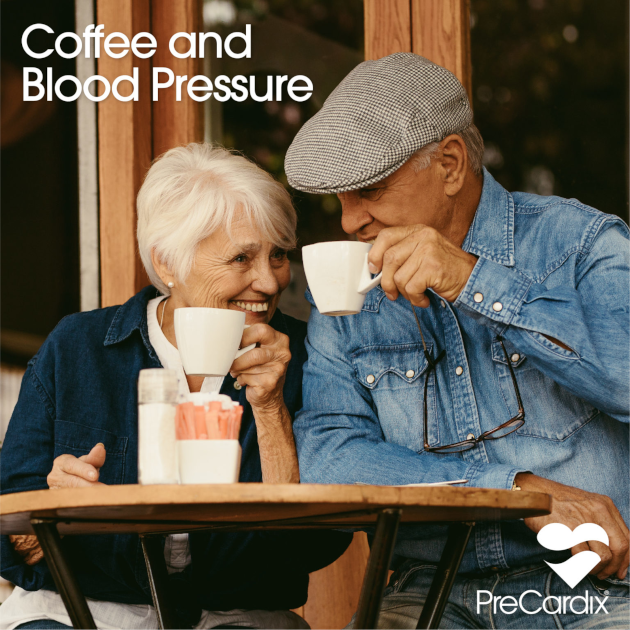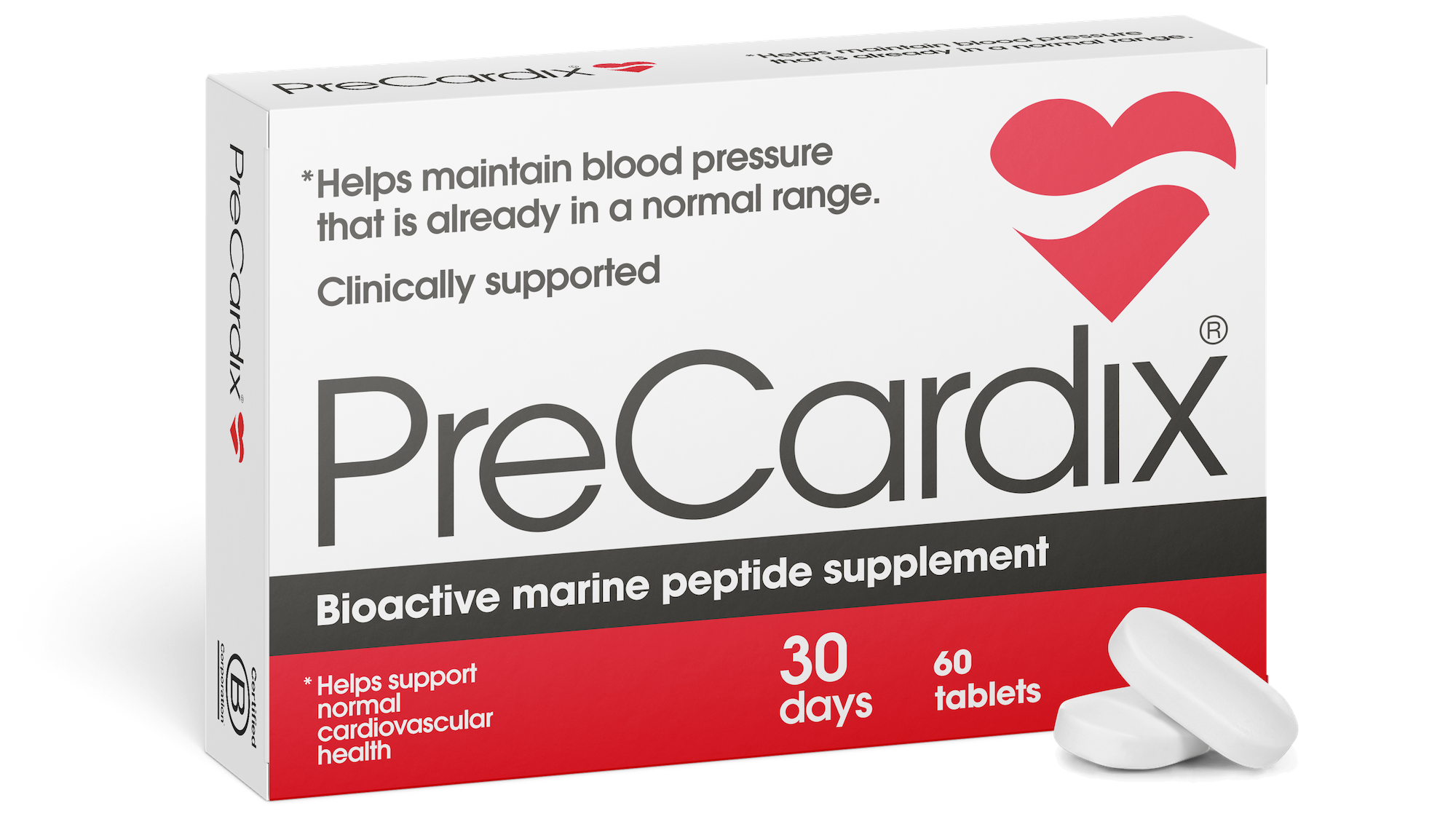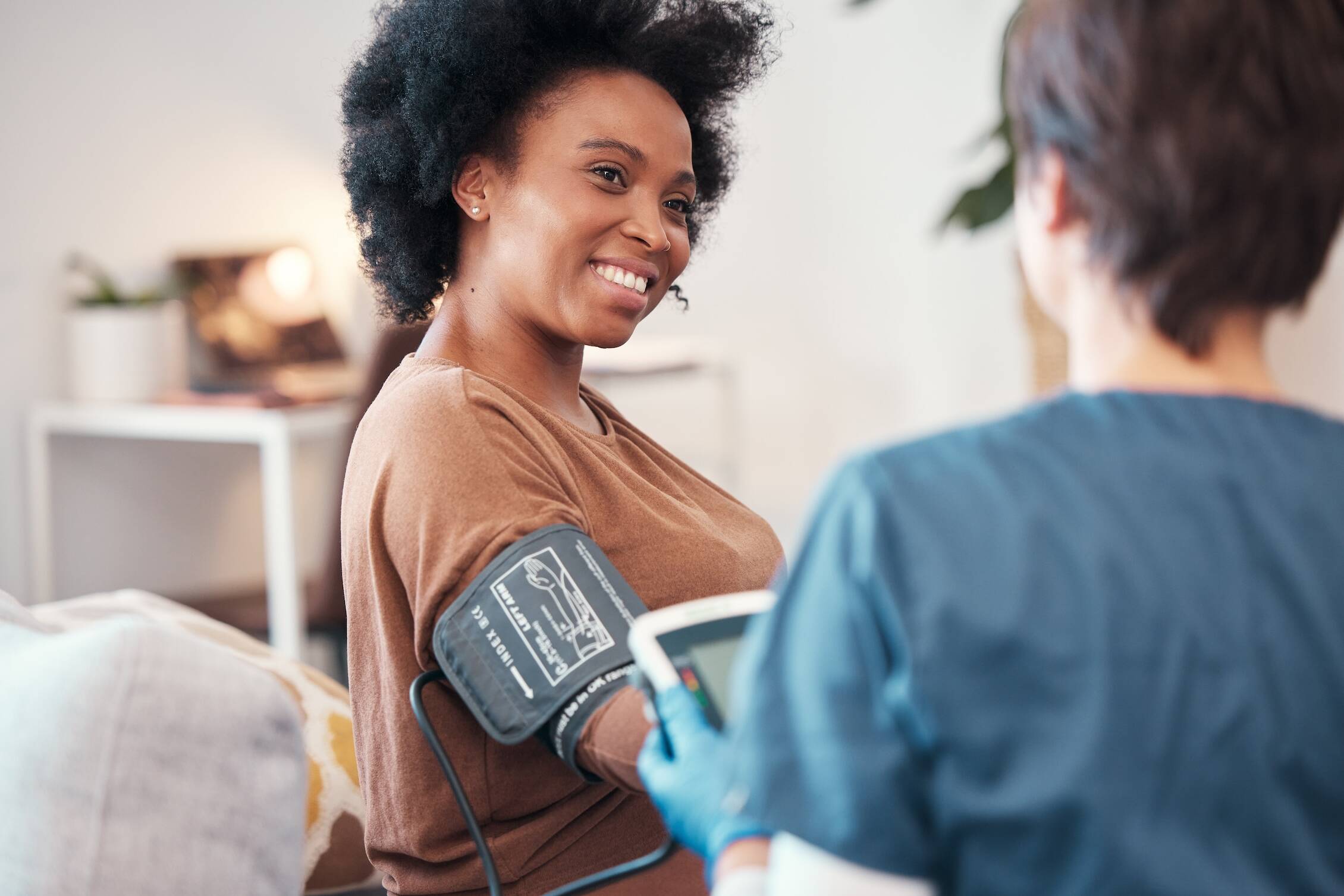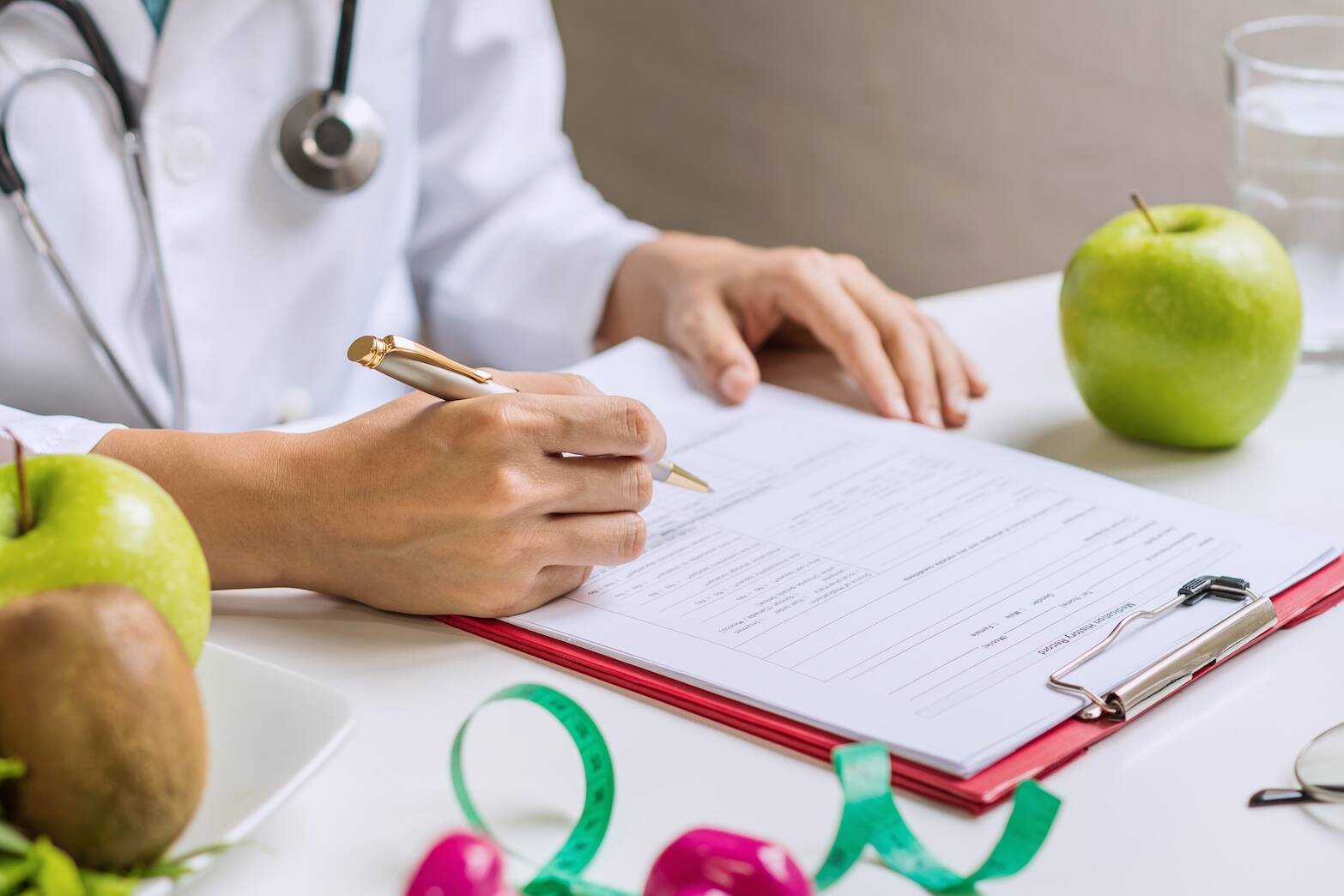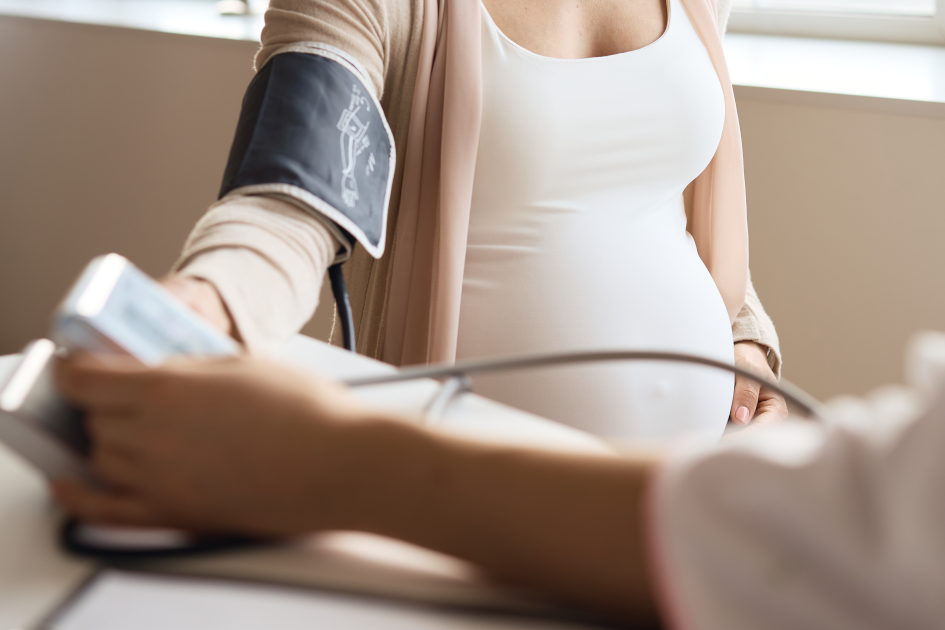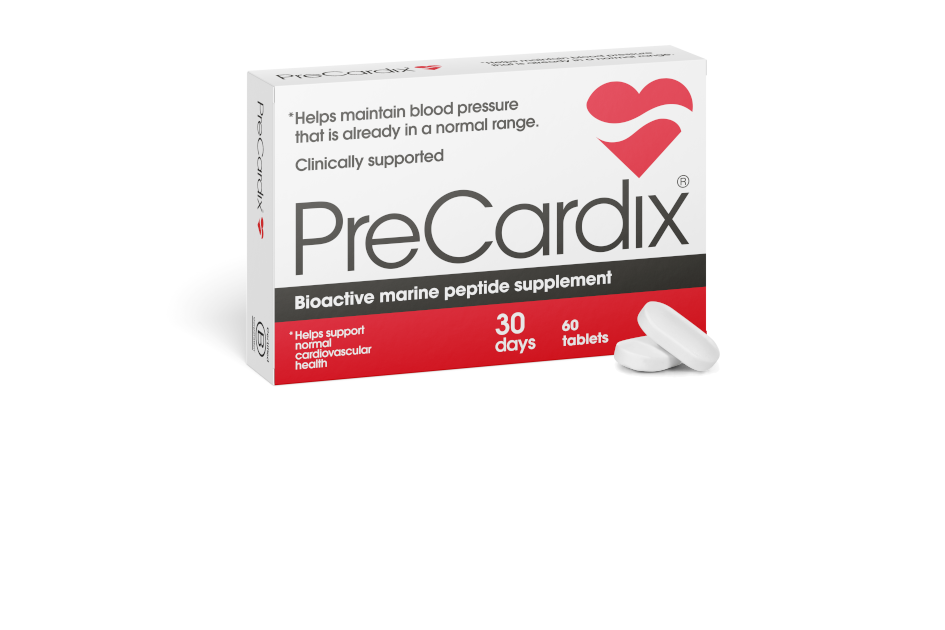How your morning coffee may be impacting your blood pressure
Coffee and Blood Pressure |Measuring your Blood Pressure and Coffee / Coffee and PreCardix®
Do you grab a steaming cup of coffee first thing in the morning? You’re in good company! Around 90% of North American adults enjoy coffee, the world’s most popular stimulant beverage. Despite mixed messages about its health impact, consensus holds that up to 400mg of caffeine per day (about 2-3 cups of coffee) is safe for most people. However, this does not mean that coffee and other caffeinated drinks lack an effect on your blood pressure.
Coffee’s Impact on Blood Pressure
If you drink coffee occasionally or just casually and aren’t a regular consumer, consuming coffee temporarily raises your blood pressure. This means your blood pressure spikes for a while after drinking coffee and then returns to its baseline. However, regular coffee drinkers who are healthy don’t experience this phenomenon.
However, if you already have hypertension, consuming coffee causes an increase in blood pressure for around 3 hours before it returns to baseline. For every 200-300mg (about 2 cups of coffee) of caffeine consumed, an average increase of 8 mmHg in systolic blood pressure and 5 mmHg in diastolic blood pressure is observed.
While coffee can cause a transient increase in blood pressure due to its vasoconstrictor effects, it likely does not increase the actual risk of developing hypertension. Research currently does not support an association between long term or habitual coffee consumption and increased risk of hypertension or other cardiovascular disease.
Measuring your Blood Pressure and Coffee
We know that blood pressure fluctuates over the course of the day, and it is recommended that you monitor your blood pressure at the same time for most reliable results. Consistency is important but so is how you take it, sitting down, using a validated blood pressure cuff, in a calming space and before consuming a caffeinated beverage.
Remember that coffee and caffeine in general causes a transient increase in blood pressure in both healthy non-habitual drinkers and those with hypertension that can persist for up to 3 hours. So, make sure you’ve taken your blood pressure before you reach for that first cup of coffee (or tea!).
Coffee and PreCardix®
It is well known that coffee (and black tea) contains something called tannins. Tannins are strong binders and decrease the absorption of multiple drugs and nutrients1. We also know that other compounds in coffee change the pH of the stomach (or how acidic it is), the rate of absorption and transit through the gut and how quickly other substances are metabolized at the liver1. All of these factors make coffee a common interaction for drug absorption and efficacy. Because of this it is frequently recommended that medication be taken 1-2 hours away from coffee, and PreCardix® is no exception.
It’s recommended that PreCardix® be taken daily before noon, a few hours before or after other medications, natural health products, or food, including all caffeinated beverages! This is consistent with how it was studied in the peer-reviewed clinical trials where 1200 mg (2 tablets of PreCardix® taken together) of bioactive marine peptides showed a statistically significant effect on blood pressure health.
References
- Belayneh A, Molla F. The Effect of Coffee on Pharmacokinetic Properties of Drugs: A Review. Biomed Res Int. 2020;2020:7909703. Published 2020 Jul 24. doi:10.1155/2020/7909703
- Zimmermann-Viehoff F, Thayer J, Koenig J, Herrmann C, Weber CS, Deter HC. Short-term effects of espresso coffee on heart rate variability and blood pressure in habitual and non-habitual coffee consumers–a randomized crossover study. Nutr Neurosci. 2016;19(4):169-175.
- Mesas AE, Leon-Muñoz LM, Rodriguez-Artalejo F, Lopez-Garcia E. The effect of coffee on blood pressure and cardiovascular disease in hypertensive individuals: a systematic review and meta-analysis. Am J Clin Nutr. 2011;94(4):1113-1126. doi:10.3945/ajcn.111.016667
Important Information
Always consult with your healthcare provider before making changes to your blood pressure management plan. PreCardix® does not treat, cure, or prevent medical conditions. Measure and monitor blood pressure regularly. Know the signs of heart attack and stroke.
Do not take PreCardix® if you are pregnant, breastfeeding, have renal artery stenosis, have a history of angioneurotic edema, or have a shellfish allergy. Consult product guidelines for additional information. Print and share the product monograph with your healthcare provider.
PreCardix® is an innovation of Marealis Inc. a Norwegian Bio-Tech company dedicated to finding natural, sustainable, and effective marine-based solutions for blood pressure health, globally. Designed in Norway. Manufactured in North America.

